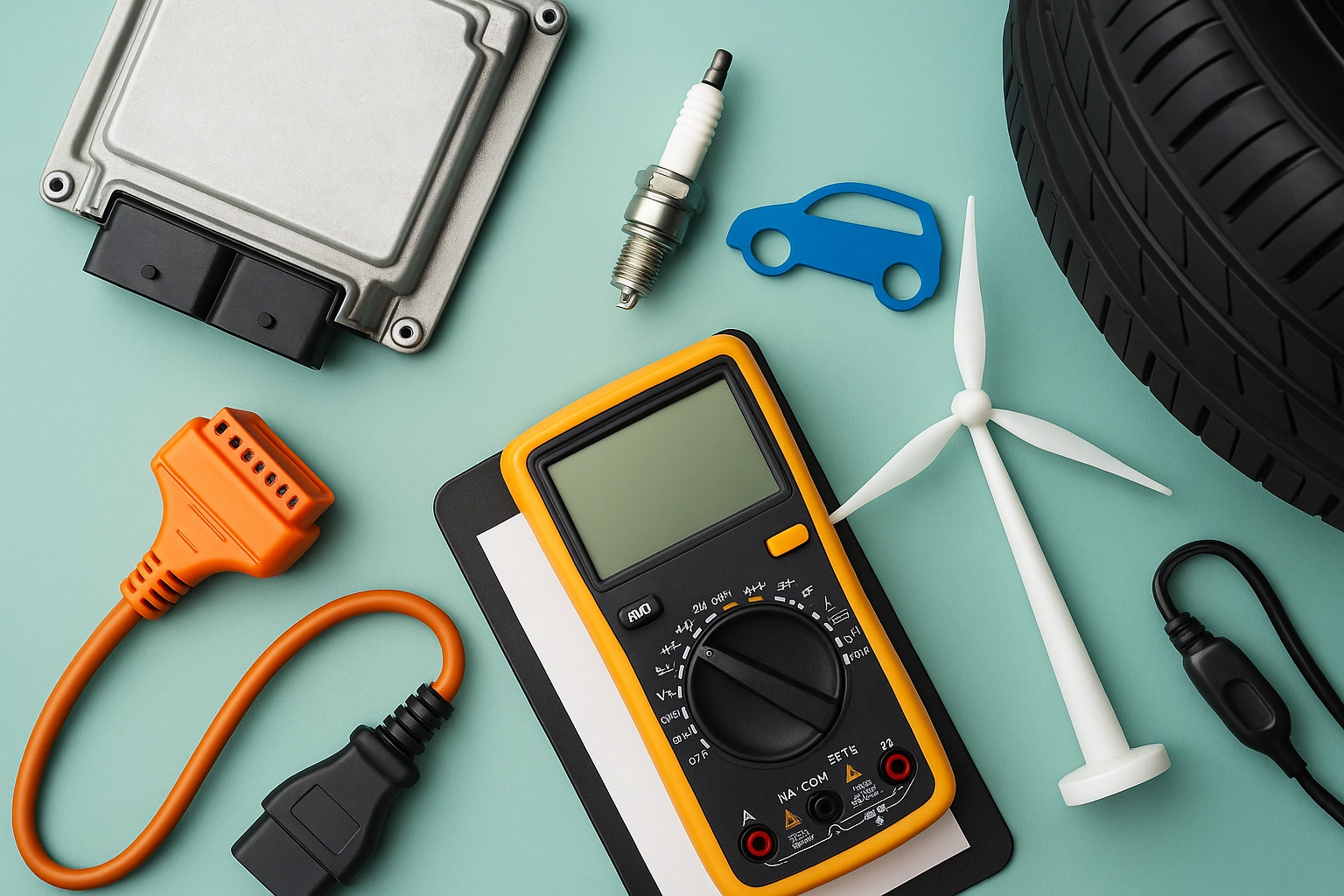UL 2271 Light EV Battery Safety Testing
The UL 2271 standard is a critical part of ensuring that light electric vehicle (LEV) batteries meet stringent safety criteria. This service focuses on the rigorous testing required to comply with UL 2271, which covers the safety aspects of battery packs used in LEVs like scooters and small motorcycles.
The primary objective of this test is to evaluate how well a battery pack can withstand various stressors that could potentially lead to failure or fire hazards. This includes high-temperature exposure, overcharging, short-circuiting, and mechanical abuse.
In the context of automotive testing, compliance with UL 2271 is essential for manufacturers looking to meet regulatory requirements set by organizations such as the National Highway Traffic Safety Administration (NHTSA) and the European Union's ECE R10. By adhering to this standard, companies can ensure that their products are safe not only during normal operation but also under extreme conditions.
During UL 2271 testing, each battery pack undergoes a series of controlled experiments designed to simulate real-world scenarios where there might be risks associated with lithium-ion cells. These tests aim at identifying potential weaknesses early in the development process so that necessary improvements can be made before production begins.
Compliance with UL 2271 requires precise attention to detail when preparing specimens for testing. Proper handling and preconditioning are crucial steps that must not be overlooked. Specimens need to be representative of actual products, which means they should reflect the same materials, construction methods, and dimensions as those found in final units.
The instrumentation used during UL 2271 tests plays a vital role in collecting accurate data throughout various stages of testing. Various types of sensors and monitoring devices are employed to record temperature changes, voltage fluctuations, current consumption patterns, etc., allowing technicians to monitor the performance of each specimen closely.
Upon completion of all prescribed tests, detailed reports summarizing test results will be compiled. These documents serve as valuable resources for both internal quality assurance teams within manufacturing plants and external regulatory bodies overseeing compliance efforts across industries.
To summarize, UL 2271 light EV battery safety testing ensures that electric vehicles are built with robust components capable of enduring harsh environments without compromising on user safety. By investing time into this process now, manufacturers can avoid costly recalls later while maintaining a positive reputation among consumers who prioritize reliability and peace of mind when choosing eco-friendly transportation options.
Why It Matters
Compliance with UL 2271 is more than just an industry standard; it represents a commitment to protecting public health and safety. As electric vehicles become increasingly popular, so too does the need for stringent quality control measures to prevent accidents caused by faulty batteries.
- Reduces Risk of Fires: One of the most pressing concerns regarding lithium-ion batteries is their potential to catch fire if not properly managed. UL 2271 helps mitigate this risk by simulating conditions that could lead to such incidents, thereby fostering safer designs.
- Maintains Reputation: A single incident involving a defective battery can tarnish an entire brand's image. Adhering to rigorous testing protocols like those outlined in UL 2271 demonstrates responsibility and trustworthiness towards customers.
- Facilitates Regulatory Compliance: Many regions have established laws mandating compliance with certain safety standards for electric vehicles. Meeting these requirements through adherence to UL 2271 ensures smoother interactions with government agencies overseeing transportation sectors worldwide.
In essence, implementing UL 2271 light EV battery safety testing is not merely about meeting legal obligations but also about creating a safer world for everyone involved in or affected by the use of these vehicles.
International Acceptance and Recognition
The acceptance and recognition of UL standards, including 2271, extend beyond national boundaries. Countries around the globe have adopted UL as their benchmark for product safety due to its reputation for rigorously evaluating technologies across various industries.
| Region | Date of Recognition |
|---|---|
| Australia | 2015 |
| New Zealand | 2016 |
| European Union | 2017 |
| Singapore | 2018 |
| Mexico | 2019 |
| Japan | 2020 |
| India | 2021 |
The widespread adoption of UL standards reflects the growing importance placed on safety and reliability in modern technology. By aligning with these globally recognized guidelines, manufacturers can ensure their products meet international standards without needing separate certifications for different markets.
In addition to regional recognition, many companies choose to adopt UL 2271 due to its comprehensive approach towards assessing battery performance. The detailed nature of this standard ensures that all critical aspects are covered, providing peace of mind for both buyers and sellers alike.
Use Cases and Application Examples
- Scooters: Light electric scooters are one of the most common applications for UL 2271 testing. Ensuring that these small vehicles have safe batteries is crucial given their frequent use in urban environments where accidents could easily occur.
- Motorcycles: For motorcycles, which often travel at higher speeds than scooters, maintaining a reliable power supply becomes even more important. Testing according to UL 2271 helps guarantee that these vehicles continue running smoothly and safely under all conditions.
- Electric Trikes: Similar to motorcycles but with three wheels instead of two, electric trikes present unique challenges related to weight distribution and stability. Compliance with UL 2271 ensures that these vehicles remain stable while providing consistent power output.





